I often help my uncle handle a pair of donkeys at his homestead and plow the vegetable gardens around the pound.
What I found about them is that donkeys are versatile homestead animals that perform multiple labor tasks, but they need considerable care and monitoring.
So, this blog post is a guide to raising or owning a donkey at a homestead, weighing the pros and cons.
Pros of Owning a Donkey
Though not raised for milk and meat, donkeys can be good pets for their loyalty and are needed farm animals for gardening and transportation tasks.
Here are the benefits of having a donkey on a farm or homestead.
1. Donkeys are Good Guard Animals
These domesticated equines can protect livestock from predators like foxes, coyotes, and possibly a bobcat. When they are around, the herds, sheep, goats, and calves accept them as guardians.
Their strong territorial instincts and loud braying are warning signals whenever they notice a threat.
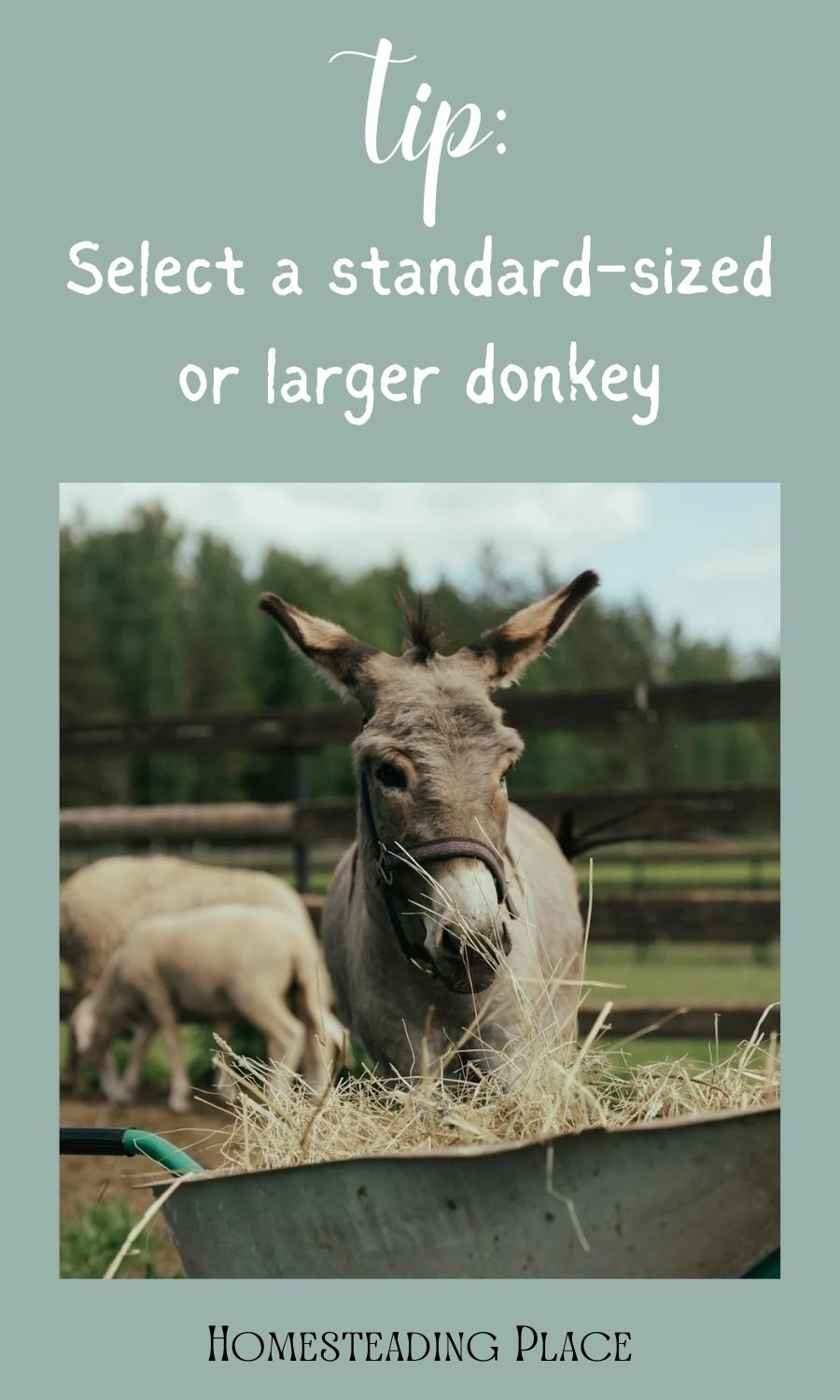
They can also use their teeth and hooves to deal with and drive away the predators.
Many complain that donkeys are less social than dogs and llamas and require more weeks to befriend the other farm animals.
I advise creating a small corral for them in the sheep pen until they are familiar with each other before releasing them all to the pasture area.
2. Low Maintenance and Hardy Animals
Donkeys can adapt to various climates and terrains, mainly arid or hot climates and rocky or uneven.
If they are healthy enough, domestic animals may not need the winter rug, making it easy to care for them. Unlike dogs, mules don’t roam around, dig, or bark.
Also, it is inexpensive to provide food and water requirements compared to larger livestock.
These animals can live on grass and hay throughout the year and 18–35 liters of water per head every day.
You may not want them to be prone to obesity, so avoid feeding them grains or nutritious foods, just like chickens or other animals. However, eating nutritious foods in limited or small amounts is fine.
They help manage the pasture by eating weeds and brambles, trimming wild blackberries, and saving honeysuckle.
3. Affectionate and Intelligent Companions
Donkeys possess a gentle nature and the ability to bond with humans. They lay their heads on their owners’ or favorite persons’ shoulders to look for comfort or reassurance.
They will nuzzle you until you give them neck pets and love for a long while.
Besides, these pet animals are intelligent and learn things quickly to survive difficult, frightening activities.
So, they are easily trained for tasks with trust and affection. You can use positive reinforcement, targeted luring, or negative reinforcement training methods.
4. Multipurpose Utility on the Homestead
Donkeys can be used as pack animals to carry supplies or firewood. They can easily carry and pull 20-25% of their weight.
They also make good travel companions for hiking and trekking.
Besides, donkeys can work on farm fields. They are good at chain harrowing and pulling compost or leaf mulch wagons to the garden.

Donkeys can also plow small fields or gardens. They can furrow in rough terrain or narrow areas difficult for four-wheel drive or other off-road vehicles to access.
Their manure is also used as compost in the raised beds and soil mixes.
5. Long Lifespan and Durability
Domesticated donkeys are smaller than their wild cousins. They reach 36 to 48 inches from hoof to shoulder and get 400 to 500 pounds.
They are strong and resilient animals, offering long-term benefits.
Donkeys live for 25–30 years on average but can survive between 40 and 50 years if properly cared for.
Cons of Owning a Donkey
Though donkeys guard the other farm livestock, they can not defend several canine attackers such as wolves, bears, feral hogs, or mountain lions.
Apart from the pros, owning a donkey also has cons, as donkeys do not deliver the same work as oxen and mules.
Besides, there are a few disadvantages to owning donkeys.
1. Stubbornness and Temperament Challenges
Donkeys act stubbornly or ignore their owners if they feel pain and get scared of something.
Besides, they don’t respond when they don’t understand what you are asking. It may be due to a lack of training or motivation for the animals.
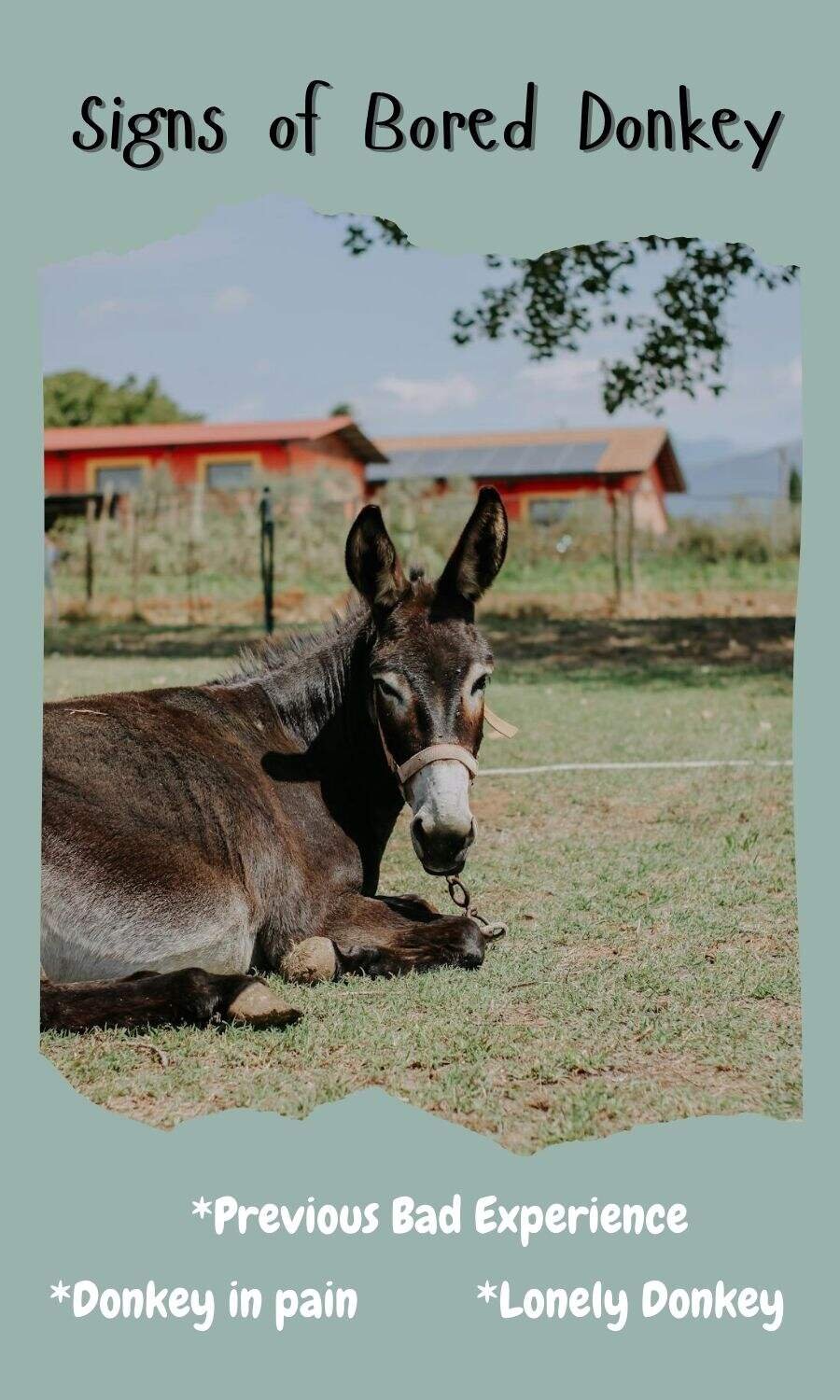
So, you may require patience and consistency in bonding with and handling these animals.
Though donkeys are stoic in nature, they can be temperamental if raised in a stressed environment, such as overcrowding, unsufficient food, and cruel behavior.
They can reflect it by kicking with their legs or biting.
2. Hoof Care and Other Health Issues
Horses and donkeys need regular hoof trimming to prevent thrush, whiteline (seedy toe), abscesses, and other issues such as laminitis and cracks.
You can prune the hoof once every 6-10 weeks.
You need to be careful when trimming the hoofs of old donkeys who cannot lift their legs.
Besides, Keep your equine’s living area clean and dry and protective measures. Remove the dirt glued into the hoof if you have plowed the field in mud.
Donkeys and mules are also prone to specific health issues like summer sores, lungworms, and eye problems.
Due to their stoic nature, they don’t show clean ill symptoms, so you need to monitor their health regularly before it is too late.
Besides, you need to pay for annual vet care.
3. Dietary Specificity
Donkeys are high-fiber forage animals, so they need to be fed with straw and grass hay. High sugar is a big NO!
They can’t graze on rich pastures like cows or sheep. So, offer them a diet of 75 percent straw and 25 percent grass hay or haylage in summer.
You need to prefer food consisting of 50 percent straw and 50 percent grass hay or haylage for winter.
Also, avoid giving donkeys Rumensin, urea, or other foods and supplements only designed for ruminants.
Besides, donkeys require only trace mineral salt and drink a big bucket of fresh water more than more water than sheep or goats.
They may suffer from diarrhea and other health problems if you fail to provide them with a healthy diet.
4. Space and Shelter Requirements
You cannot rear a single donkey at a homestead as they need a companion donkey. Also, if one dies, you must bring another for it.
They require another donkey for socialization and companionship to avoid loneliness.
So, raising couples of donkeys requires adequate space to roam and sturdy shelter. You can build a three-sided wall shelter with an entrance preventing winds.
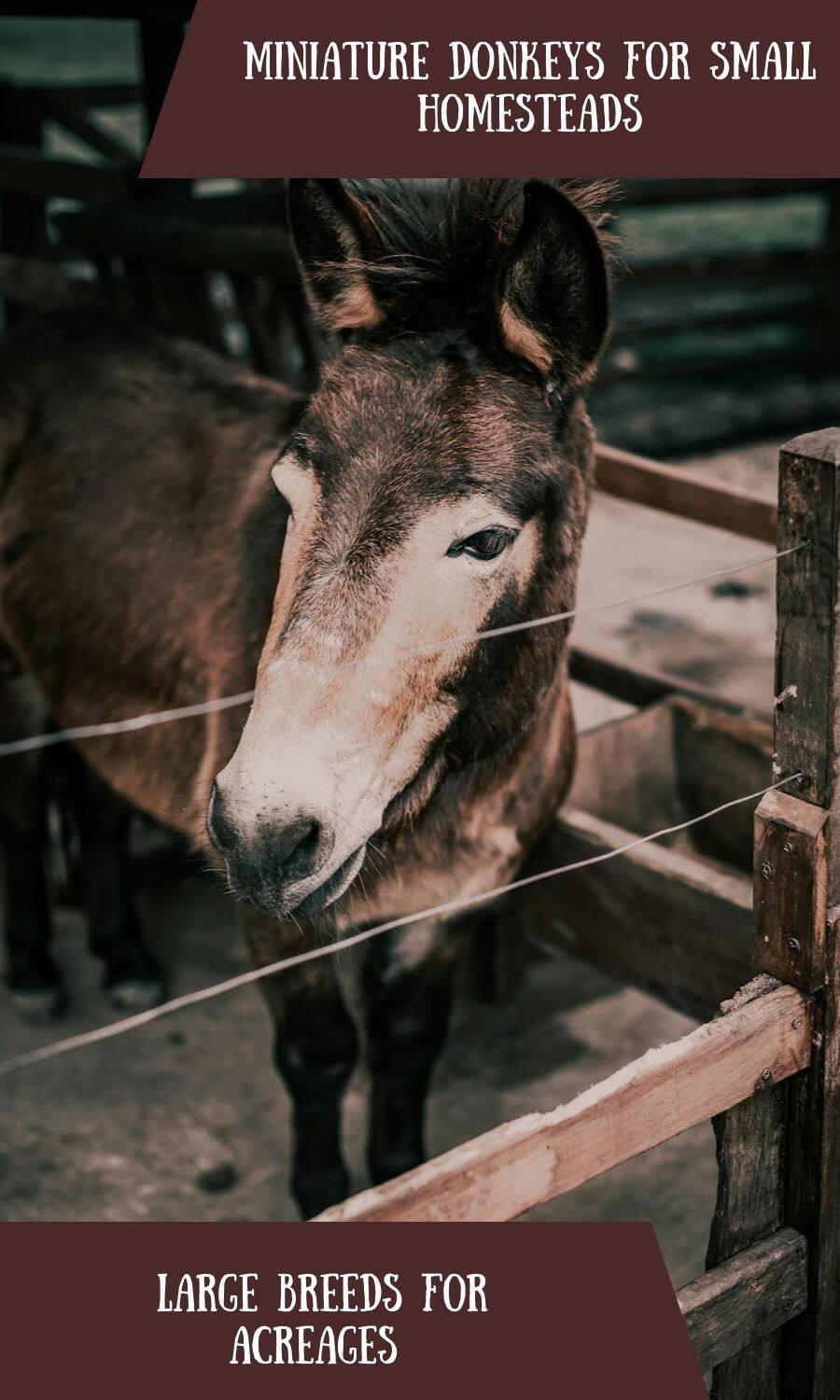
Remember, these animals need a taller shelter to survive rain and snow.
6X6 feet to 10X 10 feet design can be ample shelter for one donkey depending on the breed. Many owners have built donkey stables that are 50 square feet, which is not ideal for very small homesteads.
5. Noise and Oversmartness
Donkeys’ “hee-haw” braying noise can be fruitful for alertness against invaders or other signs. But at the same time, it cannot be very entertaining for humans and may disturb neighbors.
Donkeys are too smart to learn things and trick owners.
They can escape the stable by opening stall doors, feed bins, and gates in a pasture, allowing other livestock to rampage gardens and mess around.
So, don’t underestimate donkeys. You need to keep your eyes on them even after installing better locks and fences.
Is a Donkey Right for Your Homestead?
After the pros and cons of owning a donkey, you need to consider your priorities before buying a couple of animals.
For example, what purpose are you planning: to guard an animal, pack an animal, or get a companion? Then, calculate the resources you will need to provide them.
First, think of your homestead size and resources.
1/4 acre of land will be enough to house two donkeys. Also, you can manage 1/5 to 1 acre of land for pasture.
Donkeys are stronger to make draft animals but cannot plow large land, equalling acres. They can be worth investing in if you have small gardens to labor and not-so-heavy loads to carry.
They don’t graze well, so you must feed them straw and grass hay.
Whether you buy it from markets or make it on your own from your farm, you can decide for yourself. You may not need to invest in extra feed.
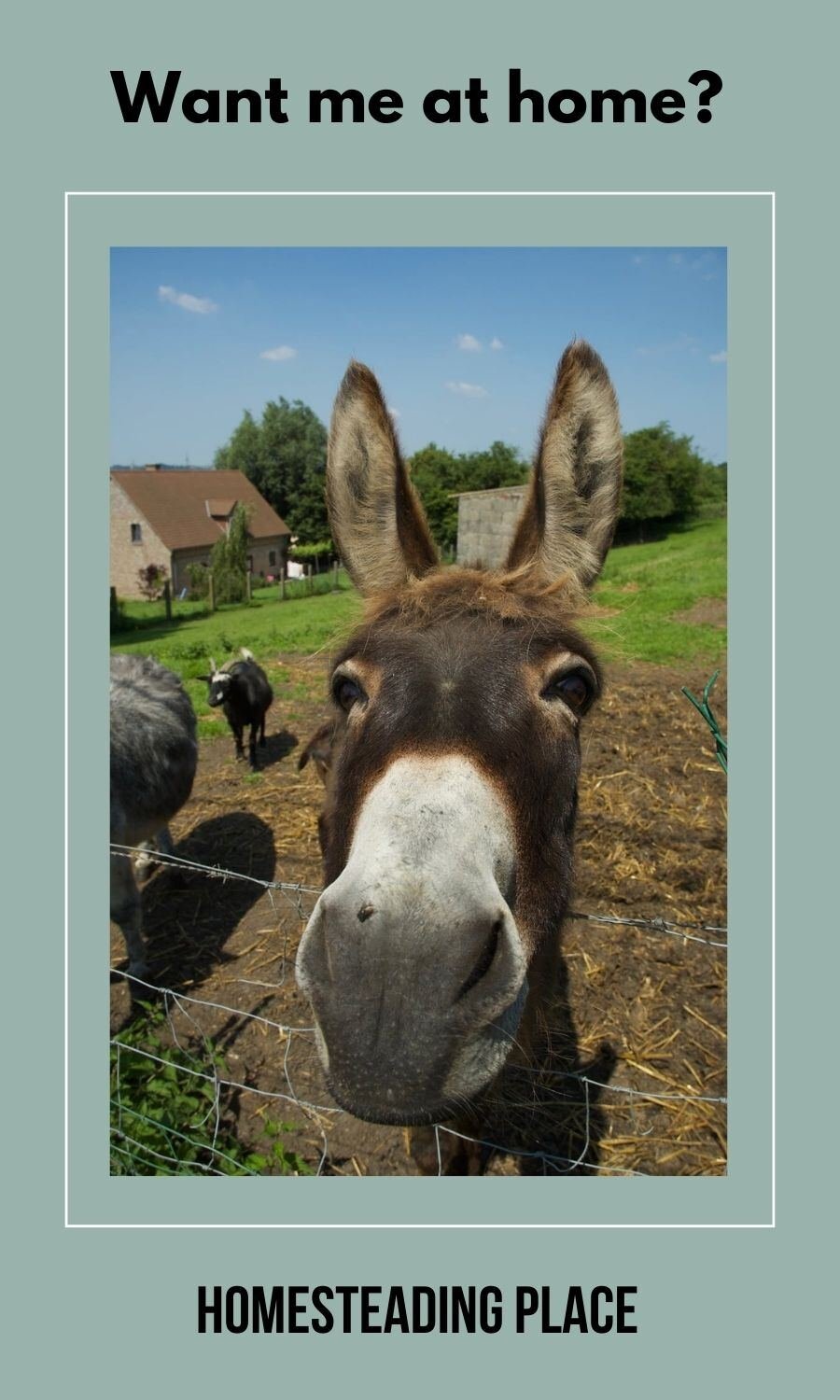
They also cost your time and effort to bond with you and get trained for work.
So, you must commit to spending time and be patient for a few weeks. If you haven’t handled or trained any donkeys, find trained ones.
The annual vet visit bill is a big deal, but you also need to pay attention to other care requirements, such as feeding, sanitization, and shelter maintenance.
You need to tolerate the loud and piercing braying of donkeys to raise donkeys at the homestead.
Finally, if you can spend $100- $300 on one donkey monthly, you can bring a donkey home.
Final Thoughts
I hope that this post about the pros and cons of owning a donkey will help you make an informed decision about your homestead.
What I like about keeping donkeys is that they are easy-to-care-for animals for beginners and have tons of benefits.
Everyone has not the same story, so please share your thoughts and experiences about owning a donkey.


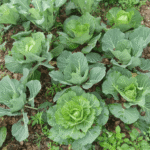
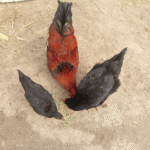
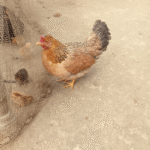
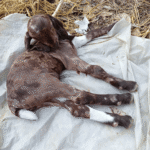
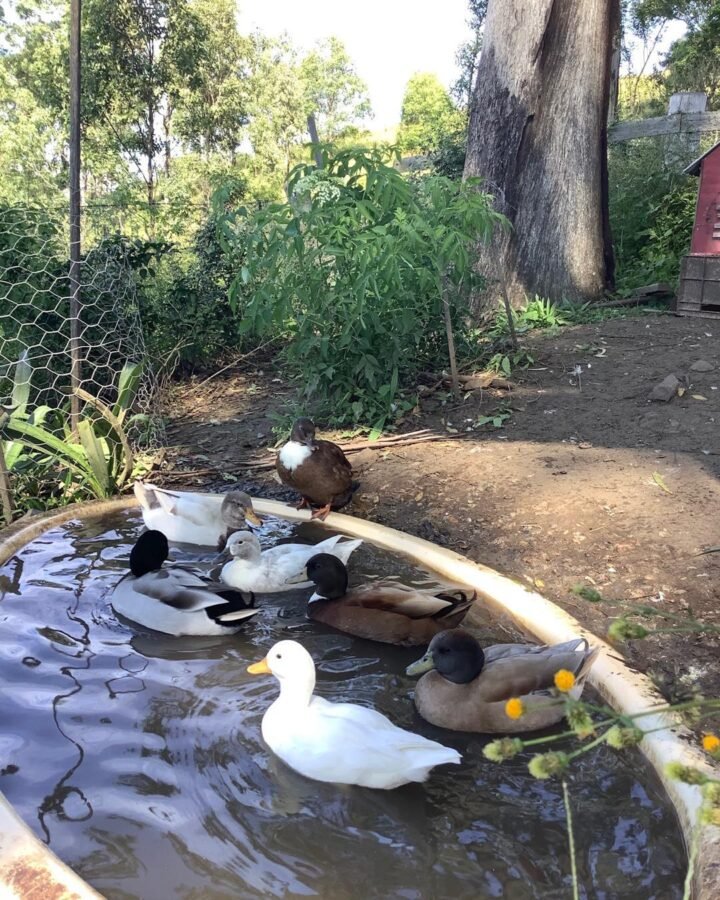

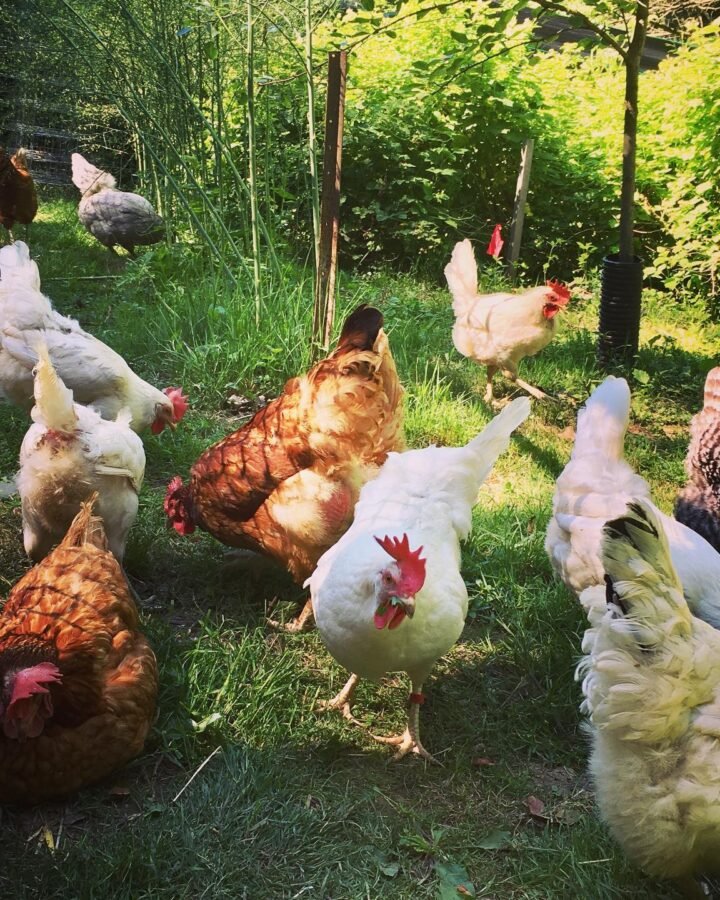

Leave a Reply